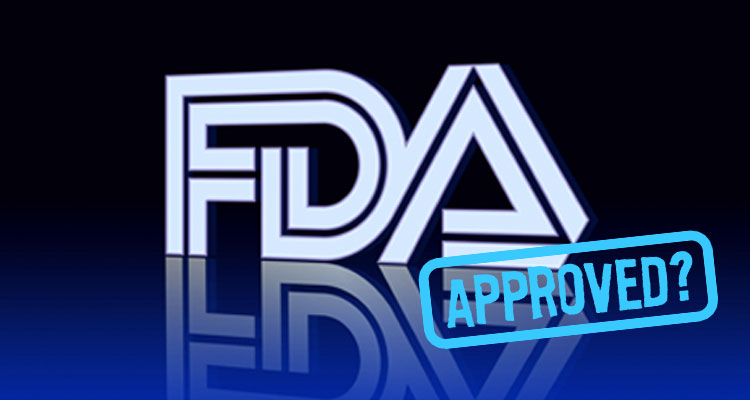When it comes to understanding how the Food and Drug Administration affects — or wants to affect — the e-cigarette industry, there’s a ton of room for both misinformation and misinterpretation. One of the most egregious errors comes to us by way of semantics: the difference between the concepts of regulation and approval. Let’s get the big question out of the way immediately.
Are tobacco products or E-cigs actually approved by the FDA?

The answer is a resounding absolutely not.
Despite what some critics might lead you to believe, the issues surrounding the FDA and the e-cigarette industry have little to do with an inability to earn the agency’s seal of approval. What they do involve is the act of creating a regulatory pathway that monitors product claims, safety and education.
Related: E-cigarette Regulations and FDA Workshops
Of course, this misinformation didn’t come out of nowhere. The notion that e-cigarettes must be officially approved — and that tobacco has already earned that status — is likely due to how the agency handles traditional cigarette brands under the Family Smoking Protection and Tobacco Control Act of 2009.
According to this law, the FDA is able to require the following of cigarette companies:
- New and more powerful warning labels
- Restricted advertising and promotional efforts
- The disclosure of product ingredient lists
- Reviews of any claims to avoid misleading information
- The reporting of certain “Harmful and Potentially Harmful Constituents”.
This applies to both existing and new tobacco manufacturers, but it’s the new brands that might be unwittingly contributing to the confusion about approval. If the FDA finds that a new company is able to meet these and other requirements, it has the potential to issue a pathway-to-market clearance. This allows the new company to legally market its products according to official guidelines and regulations.
It’s important to note, though, that being granted permission to market the new product does not mean that a company has received official FDA approval. In order for that to happen, the agency must find that the benefits of a product’s intended use outweigh its risks, which is clearly never going to be the case with tobacco. What’s more, the FDA doesn’t issue premarket approval — or any approval — on some product categories, so the phrase itself is moot more often that many consumers know.
Related: White Cloud Responds to FDA Regarding Proposed Rule
There’s quite a bit of work to be done in regards to how the FDA manages the regulatory process for e-cigarette and how industry will need to adhere and adapt to any regulatory framework and guidelines that help rather than harm consumers. The search for FDA approval, however, is not part of that work, and it’s a status that traditional tobacco companies can’t and won’t earn either.






